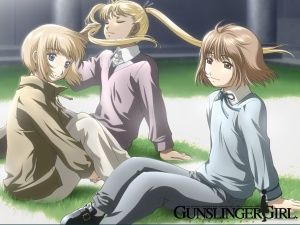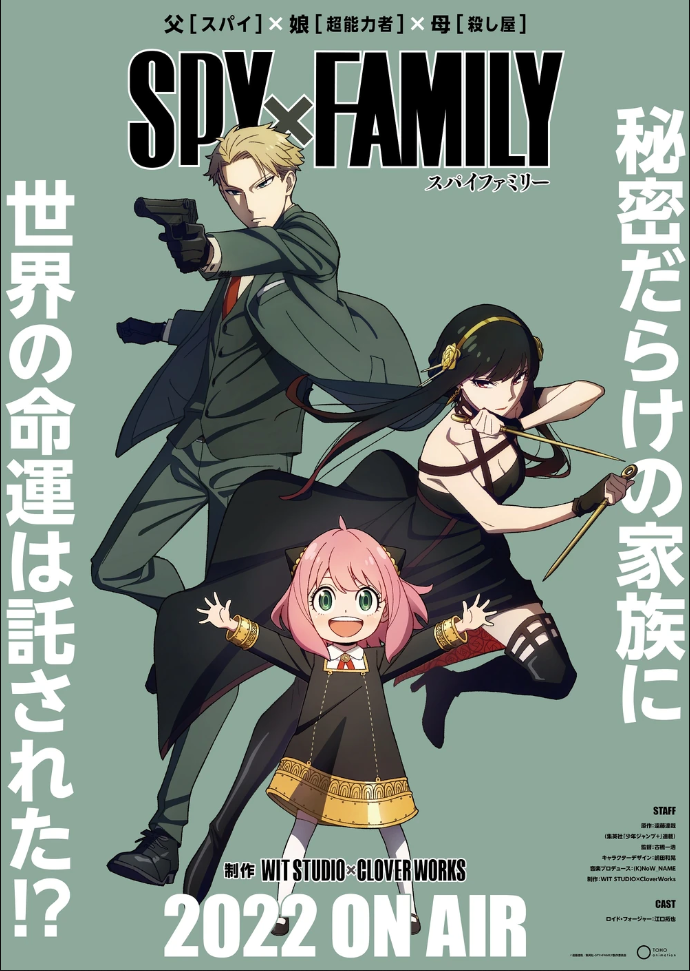Rule by Coup

WW2-era Japanese Conflict Resolution Procedure
I saw a comment on Reddit relating the story of an attempted coup by a Japanese officer to prevent Emperor Hirohito from surrendering after the atomic bombings of Hiroshima and Nagasaki. It was interesting enough to reproduce here, in full.
Interesting little story, an 8mm Nambu almost destroyed the earth.
The surrender of Japan to allied forces in 1945 did not come easily, even after two unprecedented acts of destruction against Hiroshima and Nagasaki. One of the few ministers to strongly advocate surrender was Shigenori Togo, the Foreign Minister. He was reluctantly supported by Kantaro Suzuki, the PM. But Suzuki was nothing like his predecessor, Hideki "Razor" Tojo. Suzuki was easily manipulated and rather ineffectual.
Operation OlympicOperation CoronetOp DownfallOp Downfall
The Japanese ministers argued to a deadlock. The Emperor himself made an unprecedented entry into politics and made the call himself. Japan would do the unthinkable. For the first time in it's ancient history, it would surrender to a foreign power. In the minds of the Japanese policy makers, and even the average person, their sacred nation would no longer exist, divided among the allied powers America, China, and the borderline traitorous USSR.
Enter our Nambu Type 14, precisely like the one pictured above. The model in question belonged to one Major Hatanaka. Kenji Hatanaka was a mere 22 years old at the time of the Kyujo Incident. He, along with a few other officers heard word of the impending surrender, and reacted as one might expect of a young extremist. He responded with the only emotion that he knew, fury.
Hatanaka boldly approached General Anami and told him of his plans directly.
"I intend to seize control of the government from the treasonous ministers!" He proclaimed. "I have faith in the Army. You will lead us to defend ourselves."
Anami, who claimed he would sleep in the fields and eat soil rather than surrender, made an interesting move. Had he said "yes" the coup would have proceeded. If he said "no" he would have had to arrest Hatanaka, his only intelligence source into the insurrectionists. Instead, he said "Maybe." Either the old general was truly weary, or he cleverly delayed Hatanaka while receiving regular updates on his plans.
Sometime around 1 am on August 15th, just 11 hours before the surrender broadcast, Maj. Hatanaka entered the office for General Mori, head of the Imperial Guardsmen. He explained his intentions, and that he would need the help of the Imperial Guard if he was to save Japan. Mori, a religious man, said the plan was folly. He intended to pray, and advised Hatanaka to do the same. As extremists often do, the insurgent major resorted to sudden violence. He drew his 8mm Nambu and fired a single shot into Mori's skull, killing him instantly. An ally of Hatanaka's killed the General's brother (who had been with them) with a samurai sword. Using Mori's ID stamp, Hatanaka forged Strategic Order #584. The Imperial Guard, or IG, were ordered to seize the Emperor's Palace.
The IG was the chief security apparatus of the Imperial Household. The had no resistance as they took control of the palace. With Hatanaka in direct command, the IG severed the phone lines and ransacked the palace searching for the prerecorded surrender vinyl.
Tokugawa, a man whose name is nearly synonymous with samurai history, was one of the imperial aids. He foresaw such an attempt by the military, and took it upon himself to hide the surrender recording.
Hatanaka and his men searched the room of imperial treasures for the recording. The word of the Emperor was so sacred that to place the recording anywhere else would have been blasphemy. Tokugawa was clearly a man of some practicality. He hid the recording among the maids' bed sheets. Despite getting a rough beat down by the militants, he feigned ignorance and successful threw Hatanaka off the trail.
With the palace quarantined from the outside world, Hatanaka decided that it was more pressing to broadcast his progress to the various commanders. He hoped that Anami's "maybe" would turn into a "yes" if he heard of the coup's initial successes. With the Emperor and Anami, Hatanaka would have the support of the two most powerful men in Japan, even if one was only powerful for few minutes.
Word got out to an Army division known as the Eastern District Army. They received two notifications. One from the insurgents, asking for their support. The other was from the besieged imperial aids, who managed to find one phone line that wasn't cut. It is hard to get more illustrative than that when discussing the choice given to the EDA's commander, General Tanaka.
Op Downfall
General Tanaka, head of the EDA, took a large contingent of men over to the Imperial Palace. He was immediately recognized by the IG. Tanaka had gathered some intel on the affair and briefed the guardsmen. "General Mori has been assasinated. SO#584 is a forgery and Maj. Hatanaka is a rebel." He said. "Where is Maj. Kenji Hatanaka?" He demanded. Terrified, the IG told him that the insurgent was on his way to the radio station. Tanaka immedietly dispatched men to the station and ordered phone lines restored. He was running out of time.
Unless Anami suddenly appeared, Hatanaka's coup d'etat was doomed. But it almost didn't matter. Hatanaka had no desire to usurp control of the government. That was just a means to an end. The endgame was Japan, and a continued war with America. His sacred Japan, despite all her hardships, would win. He had seven rounds in his pistol to prove it.
How does the Nambu almost destroy the world?
Hatanaka entered the radio station as the only armed man there. The skeletal staff had no security and no means to defend themselves. They were, however, aware of their all important mission: to deliver the surrender recording to the world and end the war.
he could potentially spark an allied invasion
unthinkable
The phone rang. General Tanaka was on the line. Hatanaka, in tears, begged Tanaka for help and permission to use the radio. He declined. Hatanaka disappeared.
Just a few hours later, the surrender recording was safely delivered to the radio station. It was broadcasted to the world without further incident, and the war was finally over. Hatanaka was discovered at the scene of the crime. He had taken his life with the same Nambu pistol by firing a single shot into the middle of his forehead.
TLDR
I reproduced this story because it reminded me of something Greg Cochran said about WW2-era Japan:
Khalkhyn Golby itself
who
This comment, the first time I had read it, reminded me of something I had read in the Economist:
But in retrospect, he says, one of the most chilling moments came when he was still chief executive and had unsuccessfully challenged his chairman, Tsuyoshi Kikukawa, to explain the missing money. He found another director, Hisashi Mori, also seemed to be stonewalling him. “Mr Mori, who do you work for?” he recalls asking, expecting the answer to be Olympus. “Michael, I work for Mr Kikukawa. I'm loyal to Mr Kikukawa,” Mr Mori is said to have replied.
Even today, the normal mode of Japanese loyalty is intensely feudal and personal. Japanese politics are much the same way as business, the LDP is less a party than a coalition of local grandees who collaborate to stay in power, but maintain their own local interests and power structures. In a very real sense, no one is in charge.


Comments ()